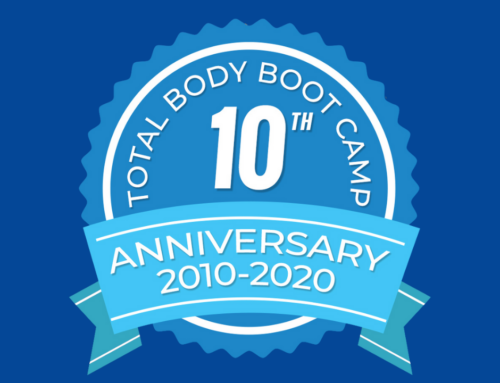This probably isn’t the topic you expected to be learning about when you signed up to be a personal trainer or health professional.
I’m always telling you that it’s an important skill for you to succeed in life and business.
You may be surprised to hear me use the word skill, but that’s exactly what it is.
We weren’t born being able to handle losing and quite frankly, most people are terrible at it.
There are 2 pieces to this – Handling disappointment and loss in our own lives and comforting others going through their own.
Unfortunately, disappointment and loss can occur in a variety of ways but here are just some:
· The loss of a loved one
· A business mistake or mishap
· Health issues
· Financial challenges
· A client (or us) going off the rails with their program
· Divorce
· Not getting needs met as a child
· A great client leaving
How not to handle loss
There are 2 opposite ways not to handle loss.
The first is how I handled it for far too long. I completely ignore it. No matter what I experienced I charged forward without acknowledging any of the negative feelings associated with the loss.
While this attitude may have served me as a child (as a way to cope) and even helped me become more resilient, it severely limited me as an adult. It caused problems with my marriage, other important relationships, and myself. Negative thoughts are like a beach ball in the ocean. You can stuff them under the water as much as you want. You can be determined and use all your willpower to keep them down but one way or another they will come up.
The other wrong way to handle loss is to let it leave you permanently stuck. We all know people in their fifties or beyond that are constantly complaining about something that happened decades ago unable to move forward.
Here are some of the best steps that have helped me come away from a loss in a positive and healthy way:
1) Talk to a supportive or safe person about it. This could be a spouse, counselor, friend, mentor, etc.
2) Don’t deny grief. Move towards it and let it out. Everyone does this differently and there isn’t necessarily an exact timeline. Obviously bigger losses take longer to grieve than smaller ones.
3) Learn from it. Even if it doesn’t seem to make sense, what can you learn from it?
4) Adapt and move on. If it’s a challenge that you can do something about, what’s the next step? If it’s a situation that can’t be changed, accept it and move on living your best life in spite of it.
If you are unable to deal with loss maturely, you won’t be able to support others dealing with mistakes and failures.
Most people are uncomfortable around other people’s pain and wind up doing the exact thing that erodes trust. They immediately try to fix the problem. Until the person feels understood, there’s no fixing.
This is why telling a depressed person to “snap out of it” only makes things worse. It only makes them feel angry and/or guilty.
Here are some simple (not easy) tips to help someone dealing with a loss:
1) Let them express it. If they need a good cry, let them. Don’t tell them (right away) to “stay positive” or “look at the bright side.”
2) Show them it’s OK and you accept them how they are. That can be done through words and/or posture.
3) Make them feel that you understand. That can be as simple as verbalizing what you are hearing. You might say something like, “He was important to you. This is sad.”
Props to you if you’ve read this far and didn’t check out because it’s a topic that might not be as common in terms of leadership.
I can assure you that if you can develop people skills like this, your life, business, and family will be positively affected.







Leave A Comment